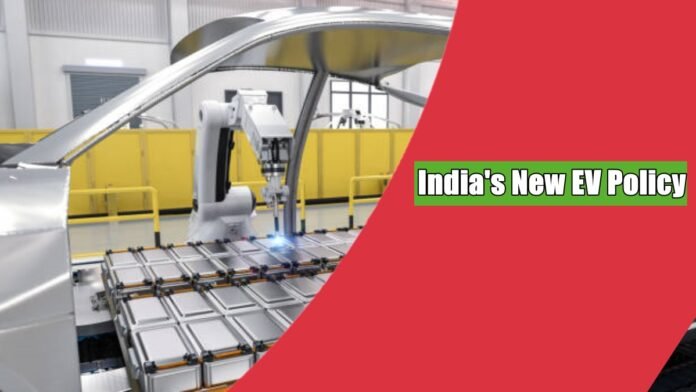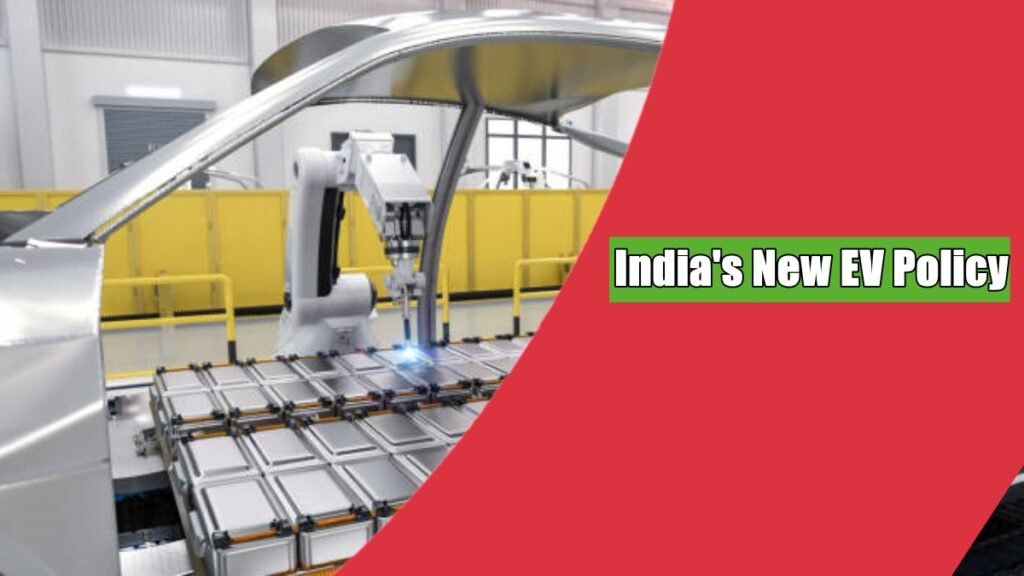
New Delhi: In a significant move to boost India’s electric vehicle (EV) industry, the Central Government has unveiled a comprehensive New Electric Vehicle Policy. This ambitious initiative aims to position India as a global powerhouse in EV manufacturing. Here’s an in-depth look at the policy and its potential impact on the industry.
A Catalyst for Investment and Local Production
The policy encourages substantial investment in the sector, setting a minimum threshold of ₹4,150 crore for companies to establish EV manufacturing facilities. This is expected to spur the creation of state-of-the-art plants capable of producing cutting-edge electric vehicles.
Incentives for Using Local Components
To foster an indigenous supply chain, the policy mandates that at least 25% of components used in electric vehicles must be locally sourced. This requirement is designed to stimulate the local automotive parts industry and reduce reliance on imports.
Import Concessions to Drive Innovation
Companies adhering to these guidelines will benefit from the ability to import up to 8,000 electric vehicles annually at a reduced import duty of 15%. This is a significant reduction from the standard import tax of 70% to 100%, depending on the car’s value. The concession is aimed at bringing the latest EV technologies to India, enhancing the domestic EV ecosystem.
Supporting ‘Make in India’ and Technological Advancement
The government’s statement highlights that the policy will not only advance technology within the country but also bolster the ‘Make in India’ initiative. The duty exemption for imported EVs is capped at the lesser of the annual Production-Linked Incentive (PLI) of ₹6,484 crore or the company’s investment.
Key Highlights of the New EV Policy:
- Investment and Timeframe: Companies must invest a minimum of ₹4,150 crore to set up an EV plant, with no upper limit on investment. They are given three years to establish manufacturing operations and must achieve 50% Domestic Value Addition (DVA) within five years.
- Localization Goals: The policy sets clear localization targets, requiring 25% localization by the third year and 50% by the fifth year.
- Excise Duty Incentives: Electric vehicles priced at $35,000 and above, imported in Completely Knocked Down (CKD) form, will attract an excise duty of 15% for five years. Within this period, companies must establish a manufacturing plant in India.
- High Investment Benefits: Investments of $800 million or more will allow companies to import up to 40,000 electric vehicles over five years, at a rate of 8,000 units per year.

This policy represents a transformative step for India’s automotive sector, potentially leading to increased job creation, technological advancements, and a significant reduction in carbon emissions as the nation embraces electric mobility.















































